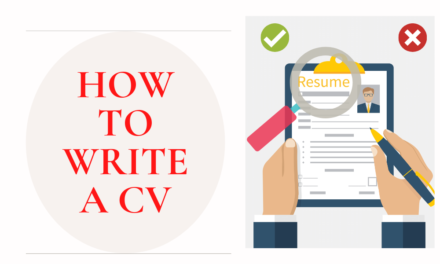A resume is not a single document, but a set of living tools meant to get the hiring manager’s attention—and quickly. According to a CareerBuilder survey, 39% of hiring managers said that they spent a minute or less reviewing a resume, and 23% said they spent less than 30 seconds.
To hone a version of your resume that effectively communicates your skills and qualifications in that brief time, you need to be able to do several things on short notice:
- Remember your achievements: Include those from last month or last year, and those that you aren’t using in your current role.
- Highlight your most valuable skills: Recognize and emphasize those that will mean the most to hiring managers right now.
- Quickly pitch yourself: As a solution to an employer’s problems, create enough interest to inspire them to learn more about you.
In other words, you don’t need one resume, you need three: a comprehensive, continuously updated work history; a targeted resume with your most relevant skills and experience; and a one-page teaser that advertises your most in-demand qualifications.
What to Know Before You Get Started

The resume that you send to hiring managers is not a biography. You’re under no obligation to include every job, employer, certification, or credential in the resume that you share with employers. In fact, hiring managers would prefer that you didn’t. They want to see why you’re qualified for this job.
You should always be honest about your experience and skills, but that doesn’t mean providing a comprehensive list of everything you’ve ever done and everything you’re able to do. Don’t be afraid to edit.
Choose a resume format that suits your purpose. The standard chronological format, in which you list your most recent job first and work backward to your first position, has its uses (as we’ll see in a moment). But don’t choose it as a default. Depending on what you’re trying to accomplish, you may want to choose a format that highlights your skills, such as a functional or combination resume.
Customize your resume for every opportunity. Why should you invest the time and effort in adapting your resume to each position instead of sending a generic version? Because it works. In another CareerBuilder survey, 60% of hiring managers said that customized resumes were more likely to grab their attention.2
Line up a proofreader now. Typos, grammar issues, factual errors, and formatting inconsistencies create an unprofessional first impression. Enlist a friend with a sharp eye and top-notch writing skills to check your resume before you send it to a potential employer.
Test final versions before sending them. Send yourself a test email if you will be sending your resume electronically; print out a copy if you’re handing your resume to contacts in person. Make sure that your formatting holds up.
A Comprehensive Resume That Includes Your Full Work History
Have you ever sat down to write a resume for a job opportunity, only to draw a complete blank on the details of your achievements? Maybe you know that you closed several big deals this year, but you can’t remember the numbers clearly enough to quantify your wins. Or maybe you’re changing career tracks and need to demonstrate that you have transferable skills, but you just know that you’re forgetting something from two or three years ago.
A comprehensive resume solves these problems before you experience them by giving you a running list of everything you’ve done. It includes:
- Your skills and certifications: Include dates and exact names of courses and workshops as you added them.
- Your most important projects and achievements: Include those that made or saved an employer money (with exact dollars and percentages).
- Your work history: Include job titles, employers, managers, and exact dates of employment. For this document, it’s fine to include jobs that seem unrelated to your overall career trajectory. Just be sure to be specific about the skills you acquired at each position. You never know when you might need to emphasize them during a career transition.
In conclusion. this document is your master list of everything you’ve ever done. It’s unwieldy, all-inclusive, and definitely not intended for a hiring manager’s eyes. But it’s invaluable to you as a professional as you go through your career, and it will save you untold time and frustration as you struggle to highlight different skill sets to different employers.






Recent Comments